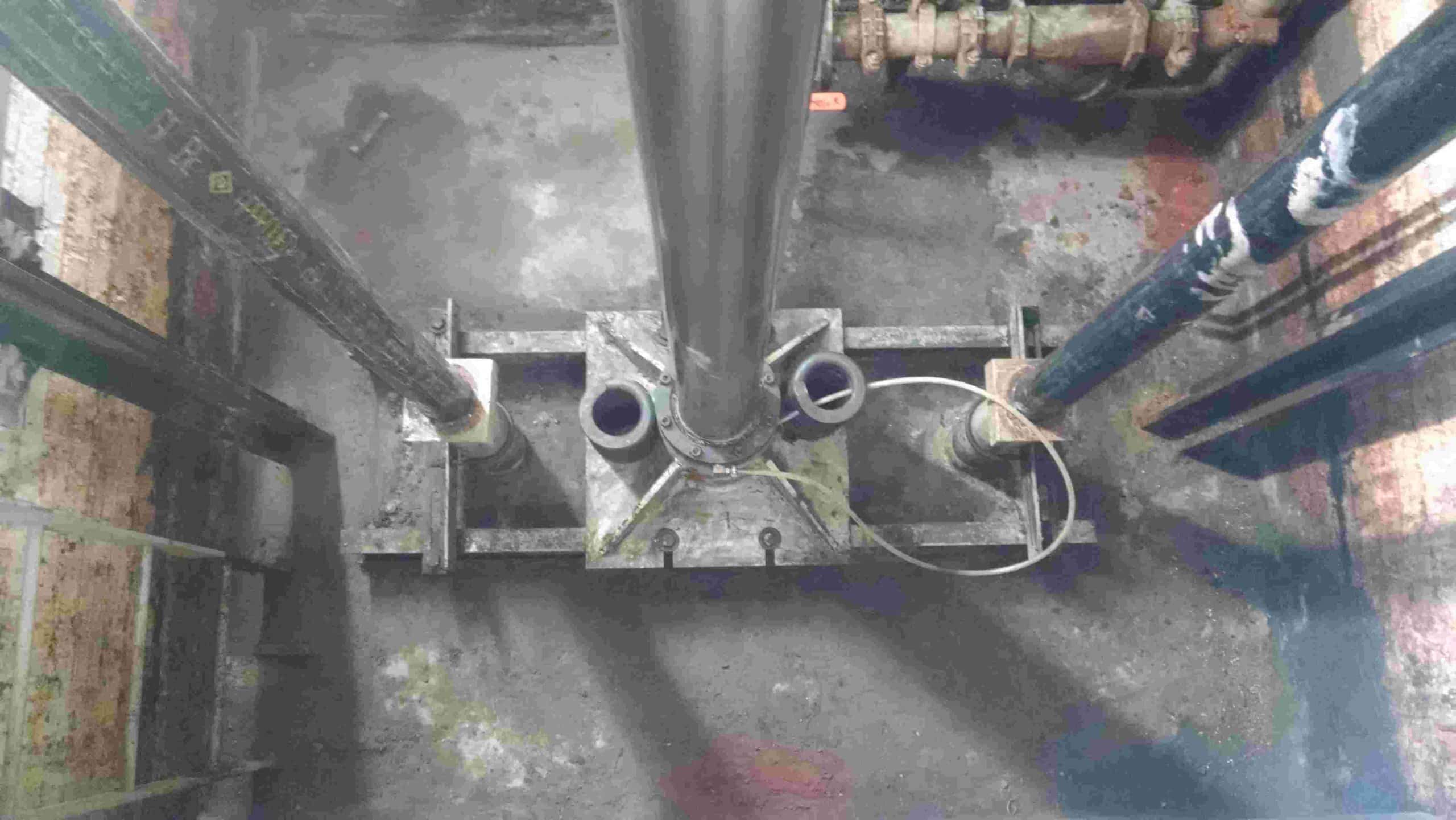Elevator Waterproofing
Water leakages are common in exposed parts of commercial buildings. It is therefore not uncommon for building managers to request assistance to waterproof these places. However, some vulnerable areas in commercial buildings are often overlooked. One such area is the elevator pit.
If you haven’t invested in elevator waterproofing for your commercial building yet, the following are some facts you need to know:
- Leaks can cause elevator failures
Elevators and water do not mix. Water can ruin the mechanism of an elevator when it leaks into the elevator pit. The parts and electrical bits that are in the elevator pit will be ruined when they come into contact with water. This can not only cause serious damage to the elevator but also result in serious or even fatal accidents. Elevator waterproofing can help ensure that you avoid this.
- Waterproofing can be done on existing as well as new buildings
Waterproofing elevator pits can be done in both existing and new buildings. Waterproofing experts provide repair as well as installation services for commercial buildings. Experienced contractors are equipped to face just about any type of problem.
- The material won’t matter
Many building managers put off waterproofing elevator pits as they try to find solutions that are specific to their elevators. However, the material used for constructing the elevator pit is of no consequence when it comes to waterproofing. Waterproofing contractors employ a special kind of spray as well as special membranes to waterproof elevator pits. These are able to provide a waterproof space whether the elevator pit is constructed from poured concrete or brick.
- Flooded elevator pits present a health and safety issue
Owners and managers of commercial buildings ought to be cautious about health and safety issues in their buildings. It is their responsibility to provide safe spaces for people to carry out their business.
A flooded elevator pit can pose a health and safety issue. The stagnant water can become a breeding ground for mosquitoes as well as other disease carrying insects. The water will also cause the building’s atmosphere to have higher levels of moisture, which is conducive for the growth of mold. Diseases such as skin rashes, malaria and dengue are common where there is stagnant water. You can avoid this by ensuring that the elevator pit remains dry.
Waterproofing elevator pits may seem like an unnecessary cost. However, it will help you avoid even greater expenses in the future. Contact us today to learn more!

Having started in 1990, we boast expert staff members with collective experience in the industry going strong for over 50 years. We promise our clients superior workmanship and quality in basement waterproofing and foundation repair at budget-friendly prices, capped by a fantastic client experience to ensure your ultimate satisfaction.
We are a local and family-owned business committed to providing top-notch basement waterproofing service and workmanship. We are also actively involved in several non-profit projects for the betterment of our community. In 2020 we celebrated our 30th Anniversary.




